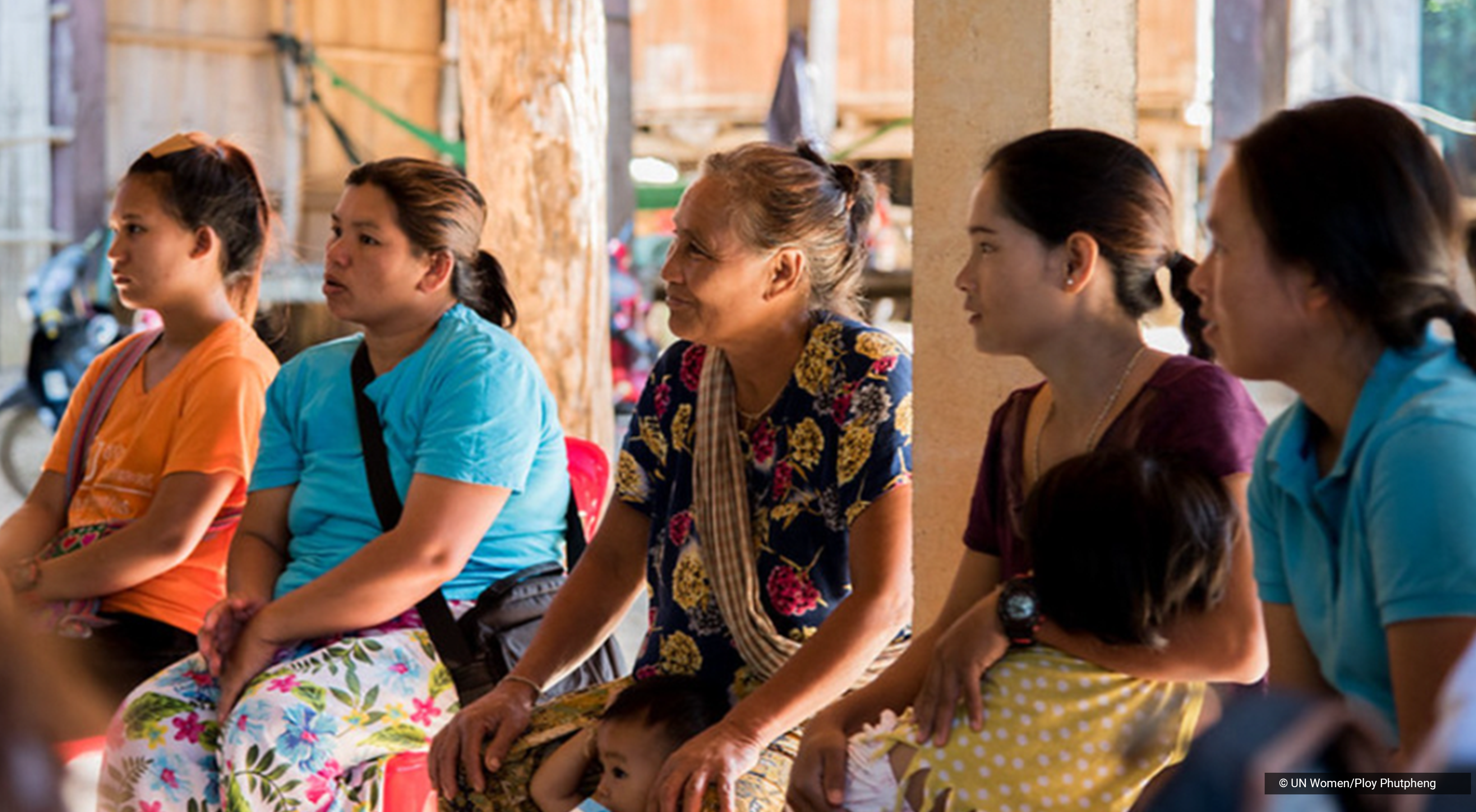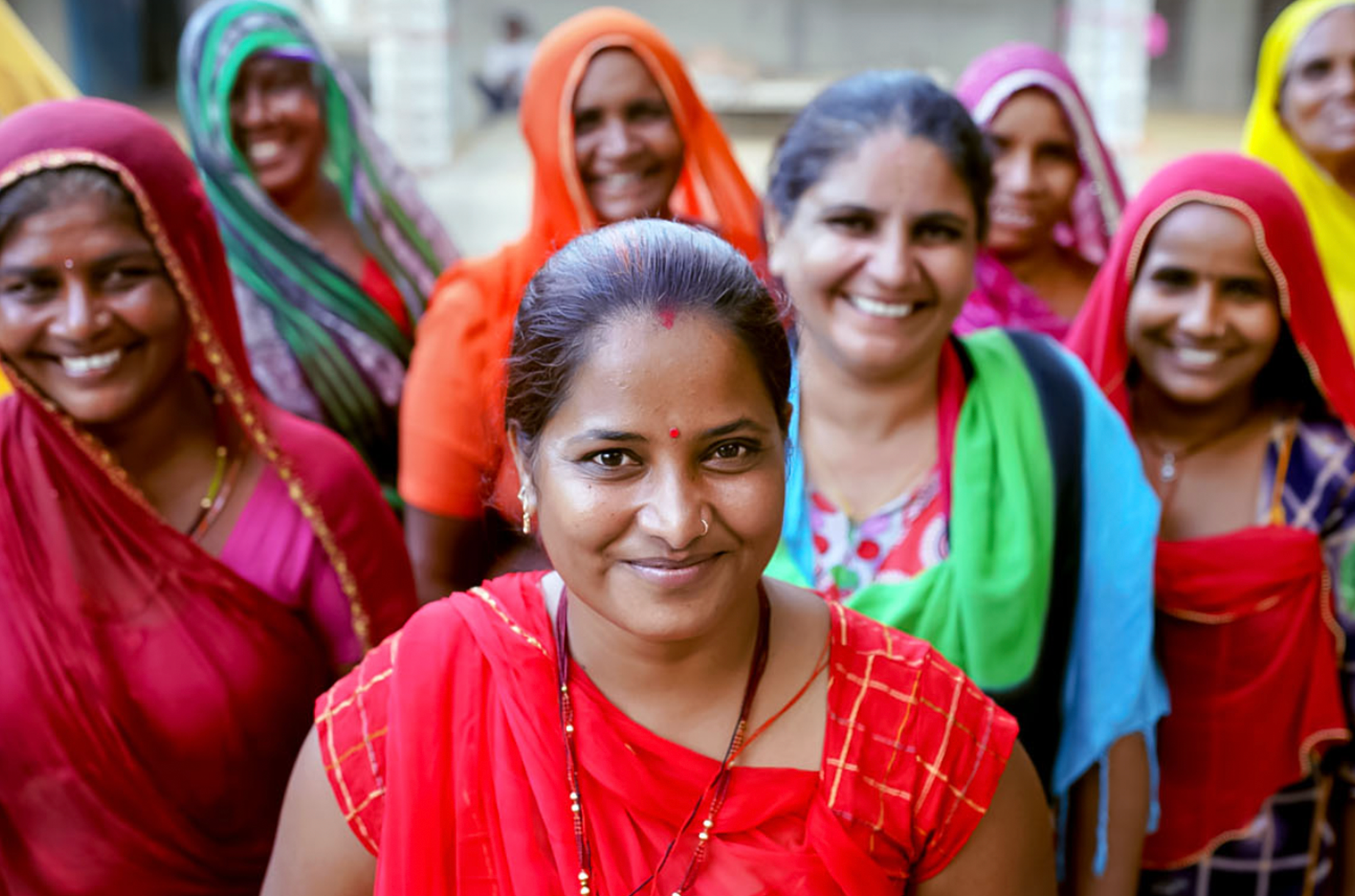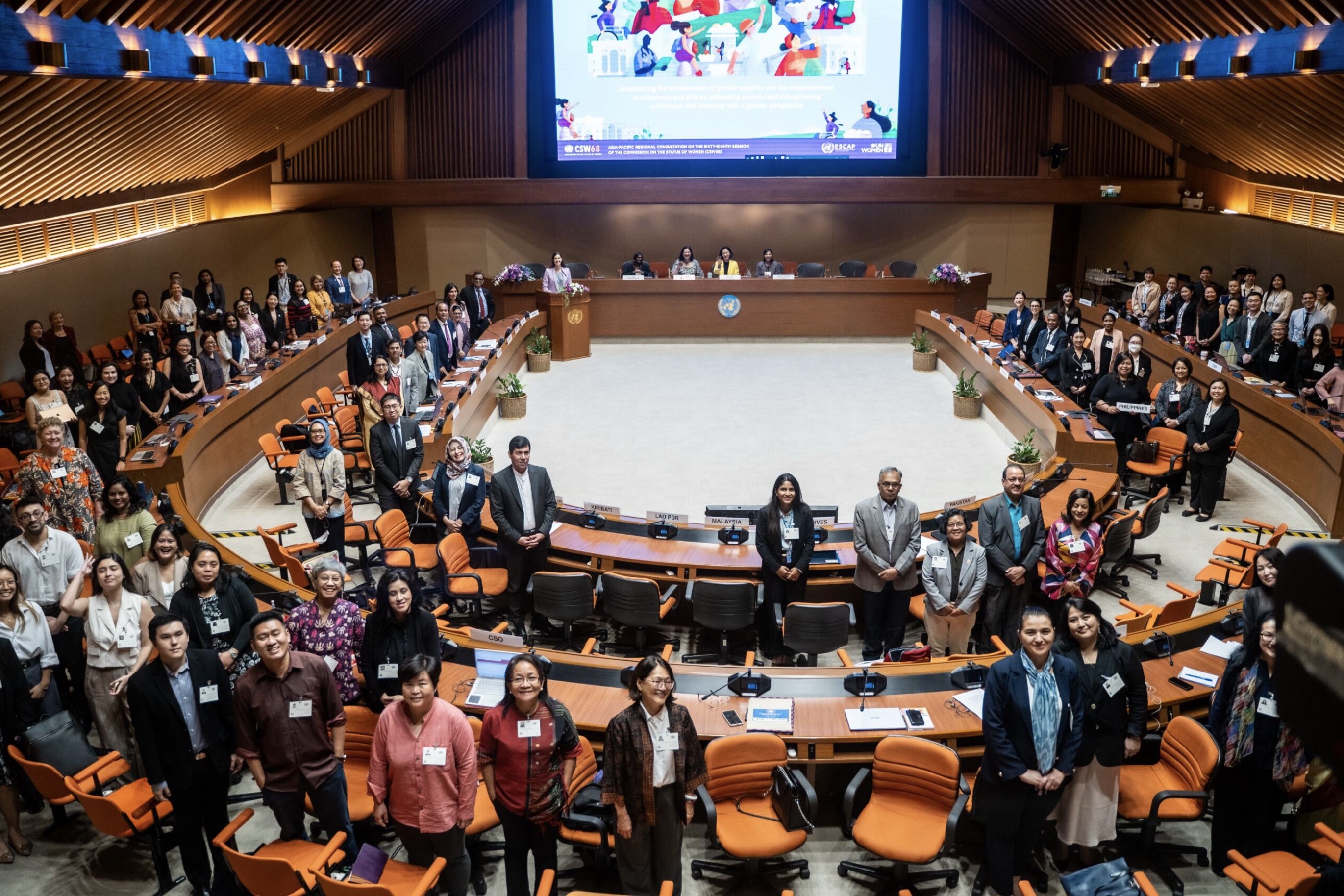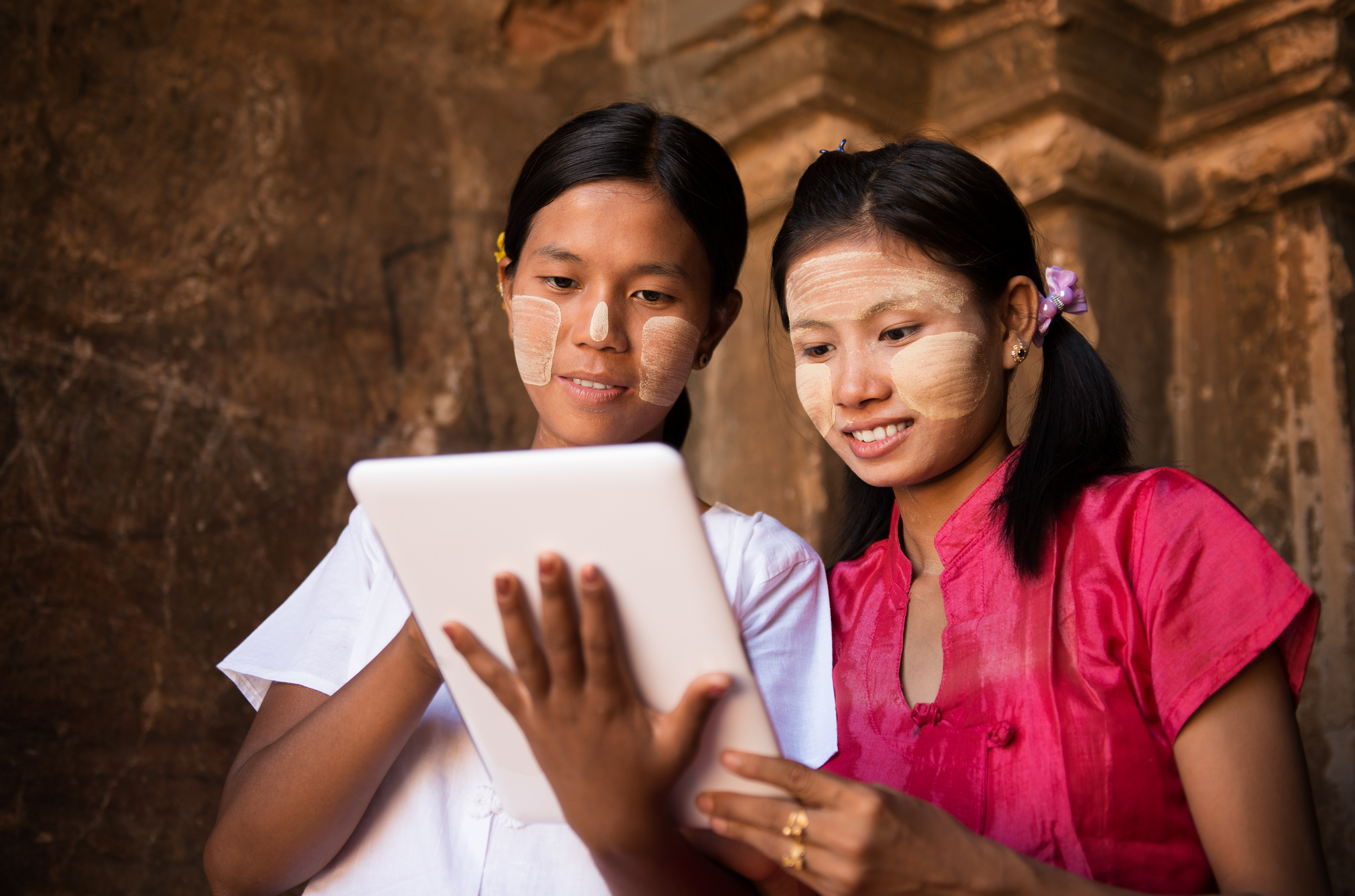

What is Gender Mainstreaming?
Gender mainstreaming has been adopted internationally as a strategy to achieve gender equality. It involves the integration of a gender perspective in the preparation, design, implementation, monitoring and evaluation of policies, with an overall aim to promote equality between women and men and to fight against all forms of gender-based discrimination.
During the 1995 Fourth World Conference on Women, gender mainstreaming was recognised and highlighted as a critical and strategic approach to achieving gender equality commitments. The resulting Beijing Declaration and Platform for Action mandates all stakeholders in development policies and programmes, including UN organisations, member States and civil society actors, to take action in this regard.
The 1997 agreed conclusions of the United Nations’ Economic and Social Council (ECOSOC) defined gender mainstreaming as: “The process of assessing the implications for women and men of any planned action, including legislation, policies or programmes, in all areas and at all levels. It is a strategy for making women’s as well as men’s concerns and experiences an integral dimension of the design, implementation, monitoring and evaluation of policies and programmes in all political, economic and societal spheres so that women and men benefit equally and inequality is not perpetuated. The ultimate goal is to achieve gender equality.”
As such, gender equality is the overarching and long-term development goal, while gender mainstreaming is a set of specific, strategic approaches as well as technical and institutional processes adopted to achieve that goal. Gender mainstreaming integrates gender equality in national public and private organizations, in central or local policies, and in services and sectoral programmes. In the long run, it aims to transform discriminatory social institutions, laws, cultural norms and community practices, such as those limiting women’s access to property rights or restricting their access to public space.

Mainstreaming Gender at ESCAP
ESCAP is dedicated to leading by example through its firm commitment to gender equality and gender-sensitive initiatives. We actively integrate a gender perspective into all stages of our activities—from preparation and design to implementation, monitoring, and evaluation.
Our efforts are guided by the comprehensive UN System-wide Action Plan on Gender Equality and the Empowerment of Women (UN-SWAP 3.0), the central UN framework driving results for gender equality and the Sustainable Development Goals. ESCAP has consistently excelled in implementing this framework, having met or exceeded 94 per cent of SWAP 2.0 indicators—significantly outperforming the broader UN system average (see ESCAP SWAP Report for 2024). While UN-SWAP 3.0 introduces higher standards, ESCAP views these as opportunities to strengthen our accountability and impact further. ESCAP also fully supports the United Nations System-Wide Gender Equality Acceleration Plan and the United Nations System-Wide Gender Parity Strategy.
The ESCAP Gender Equality Steering Committee provides strategic direction and cohesive oversight for ESCAP’s gender equality initiatives. Chaired by the Executive Secretary, the Committee includes senior leadership and representatives from substantive divisions, sub-regional offices, and regional institutions. It guides the implementation of SWAP 3.0 as well as the United Nations System-Wide Gender Equality Acceleration Plan and the United Nations System-Wide Gender Parity Strategy.
A key priority for the Steering Committee is overseeing the implementation of ESCAP’s Gender Equality Policy and accompanying Action Plan. This policy sets forth ESCAP’s comprehensive commitments to gender equality, identifies clear institutional responsibilities, and ensures systematic integration of gender considerations across all ESCAP activities and programmes.
ESCAP highlights its gender mainstreaming efforts across its divisions, sub-regional offices, and regional institutions through detailed Gender Mainstreaming Progress Reports. These reports outline institutional policies, mechanisms, and strategies that embed gender considerations into ESCAP’s organizational culture, and highlight key achievements, SWAP results, training resources, and outcomes from commissions and committees addressing gender issues. Explore ESCAP’s latest gender mainstreaming progress report here.
Our Work on Gender Mainstreaming
At ESCAP, we are committed to mainstreaming gender in the work of all our divisions, subregional offices and regional institutions, as well as in our organizational culture.
ESCAP Gender Equality Policy (2025) articulates ESCAP’s institutional commitment to gender equality and the empowerment of women and girls across its programmatic and institutional mandates, including policy analysis, intergovernmental processes, technical cooperation and internal management practices. The Policy is operationalized through ESCAP Gender Equality Action Plan (2025), which translates these commitments into concrete, time-bound actions with clear responsibilities and accountability mechanisms across the Secretariat. The Policy and Action Plan are aligned with the UN System-wide Action Plan on Gender Equality and the Empowerment of Women (UN-SWAP 3.0), the UN System-wide Gender Equality Acceleration Plan, and the UN System-wide Gender Parity Strategy.
ESCAP’s gender mainstreaming efforts are guided by the UN-SWAP framework, the central UN accountability mechanism for gender equality and the Sustainable Development Goals. ESCAP has consistently demonstrated strong performance under UN-SWAP, having met or exceeded the majority of indicators under UN-SWAP 2.0, and continues to strengthen its accountability and impact under the more ambitious standards of UN-SWAP 3.0.
ESCAP regularly monitors and reports on the implementation of its gender equality commitments. In line with UN-SWAP 3.0 requirements, ESCAP assesses its performance annually against the UN-SWAP Performance Indicators, including indicators related to the reporting and use of gender-related SDG results. UN-SWAP results and related institutional reporting products are shared with governing bodies and made publicly available to support transparency and accountability to Member States, partners and other stakeholders. ESCAP’s most recent UN-SWAP Report (2024) provides an overview of institutional performance and key results.
Moreover, ESCAP reports annually on the gender mainstreaming efforts made by its different divisions, sub-regional offices and regional institutions. Our latest Progress Report on Gender Mainstreaming thus highlights the institutionalized policies, mechanisms and plans that integrates gender mainstreaming into ESCAP’s organizational culture, structures, and processes. It also provides evidence of direct and indirect interventions promoting gender equality in its work.
Gender-related knowledge products, reporting outputs and analytical work are disseminated through ESCAP’s communication channels, including this Asia-Pacific Gender Portal, which serves as a regional knowledge hub to support evidence-based policymaking, learning and collaboration on gender equality in Asia and the Pacific.

Induction Modules on Gender Equality
ESCAP offers interactive online Gender Equality Induction Modules tailored for national and local institutions, practitioners, and stakeholders across Asia and the Pacific. Please see HERE for more details about the induction modules.

